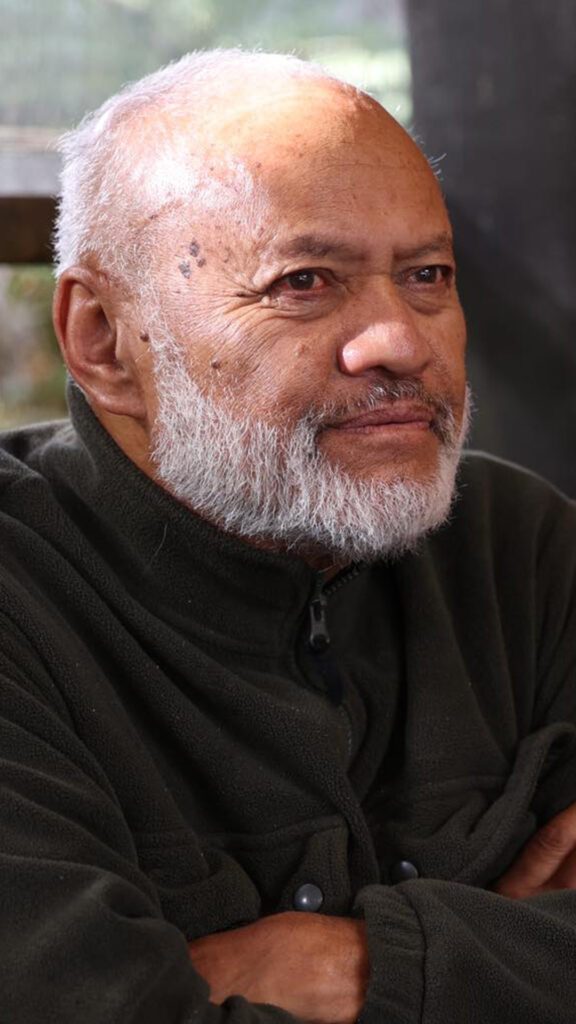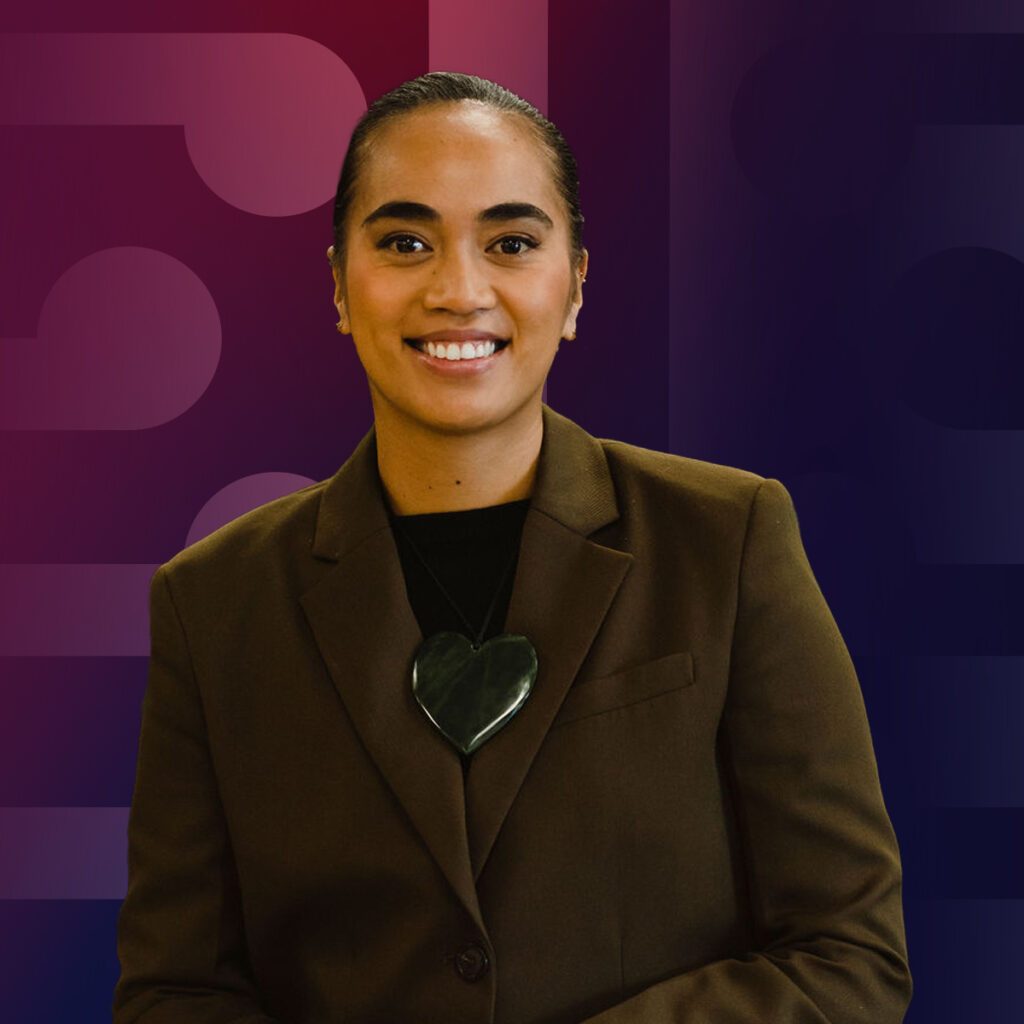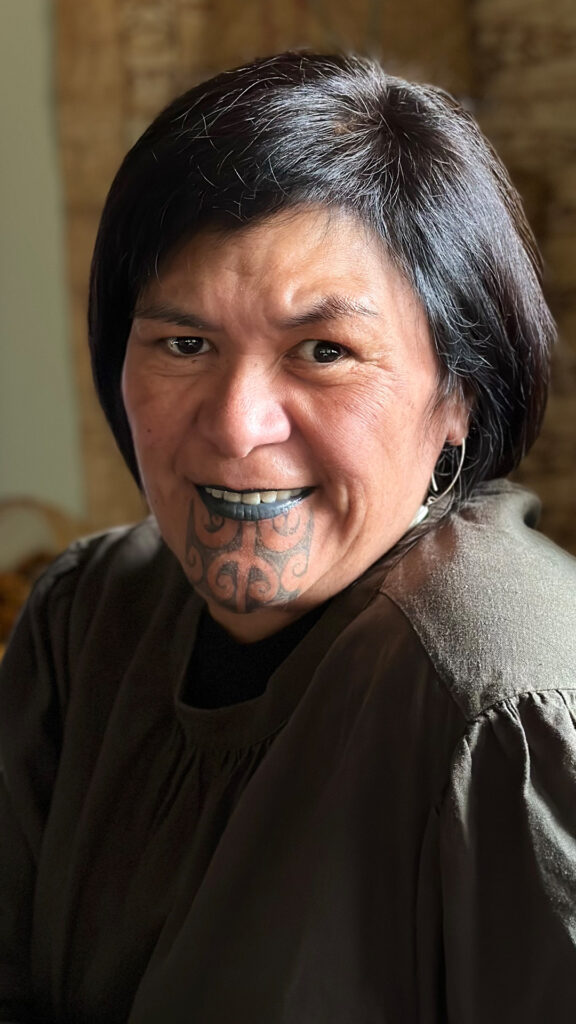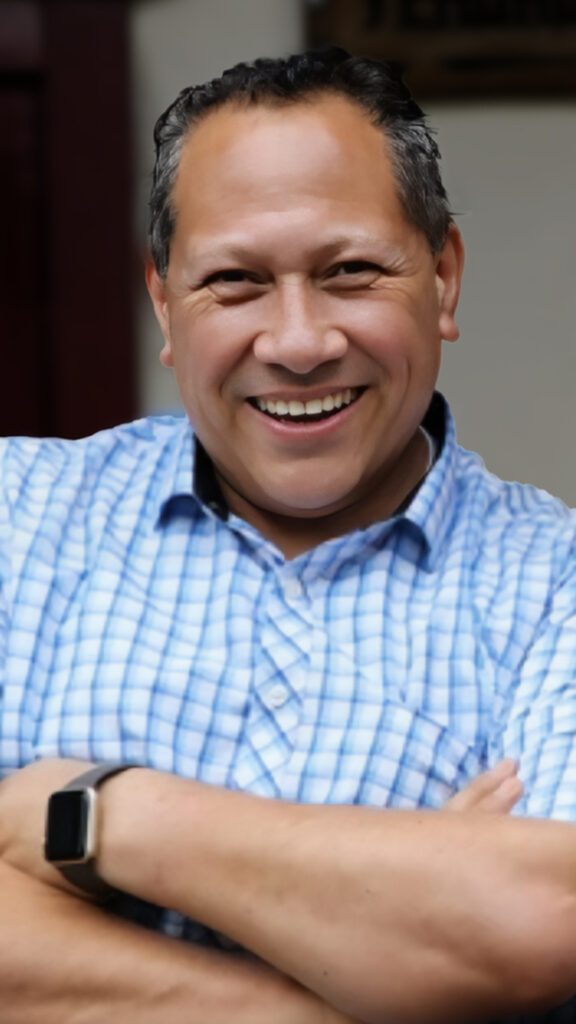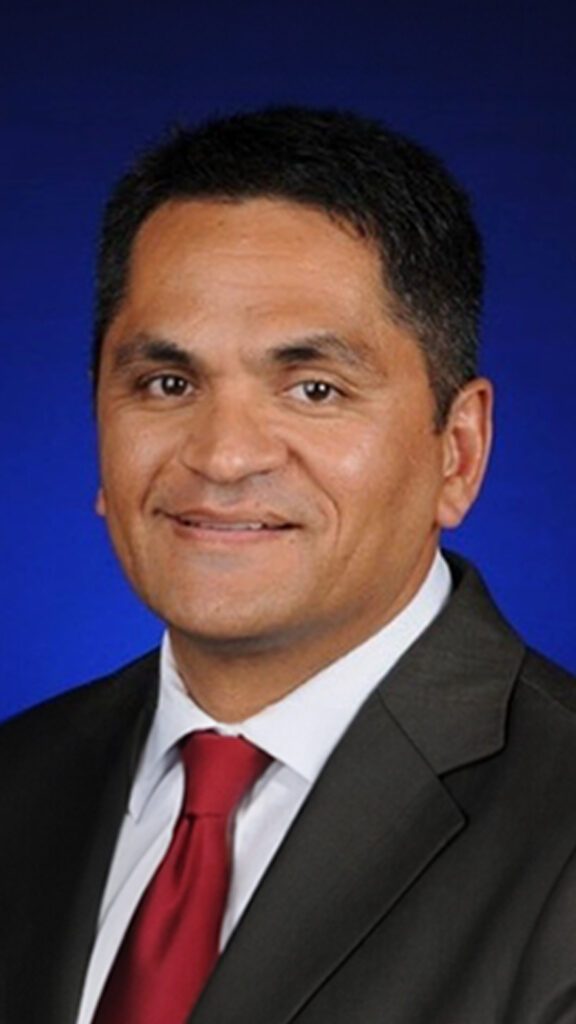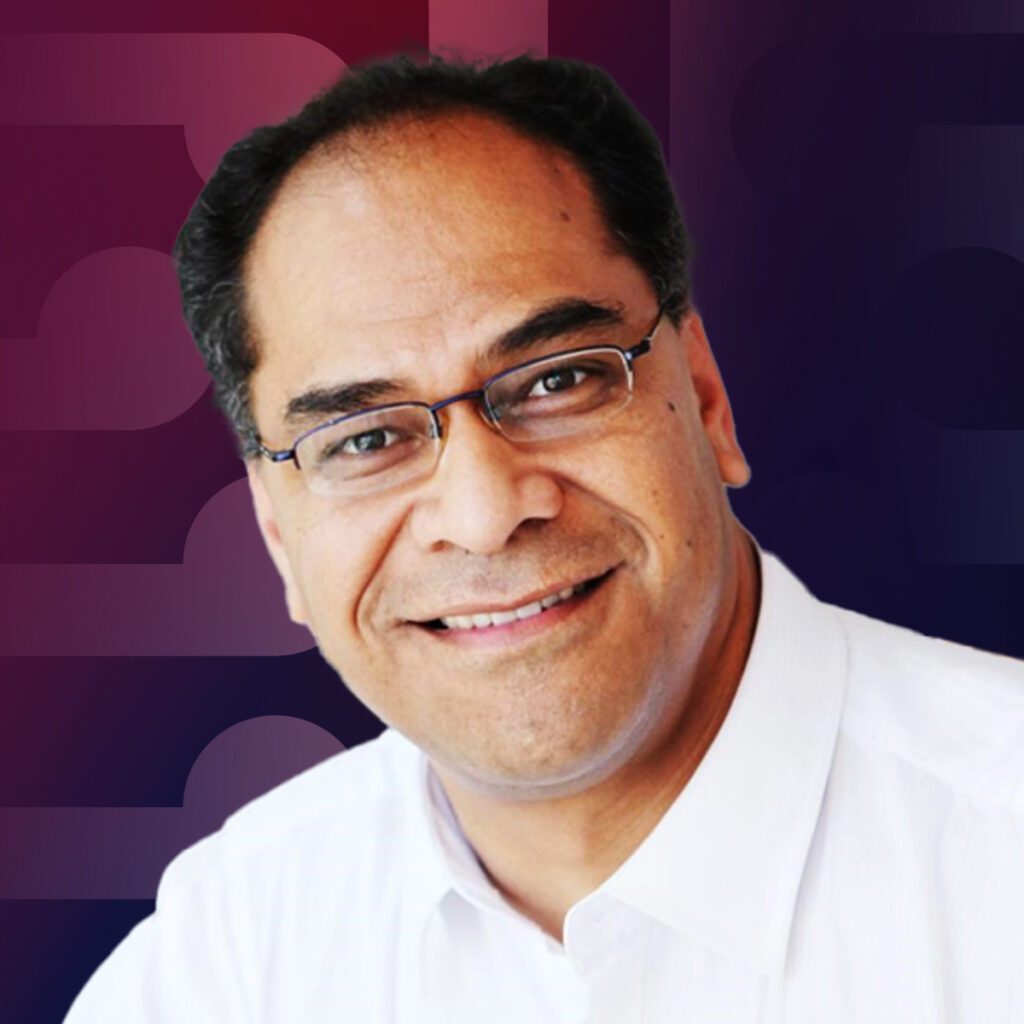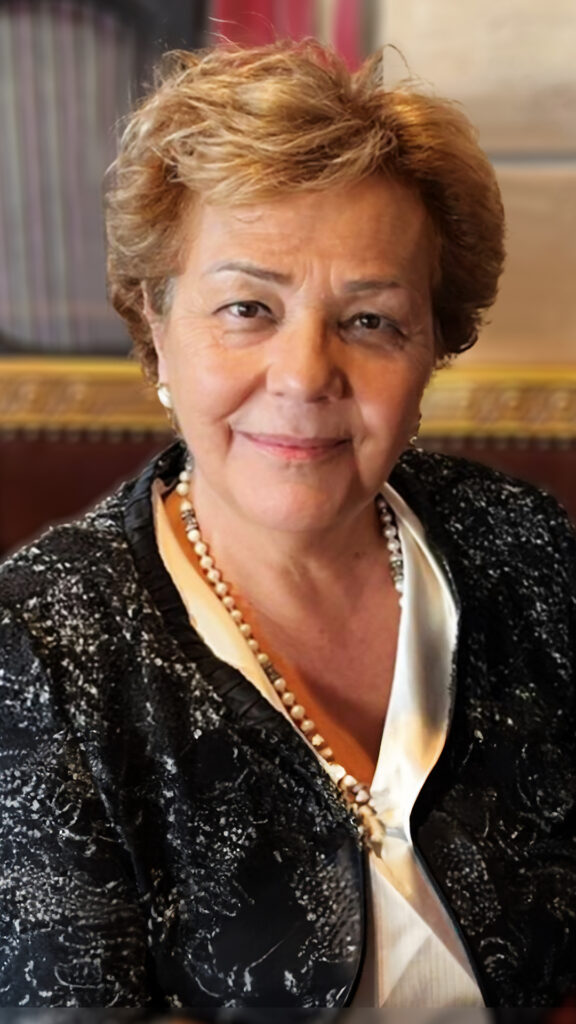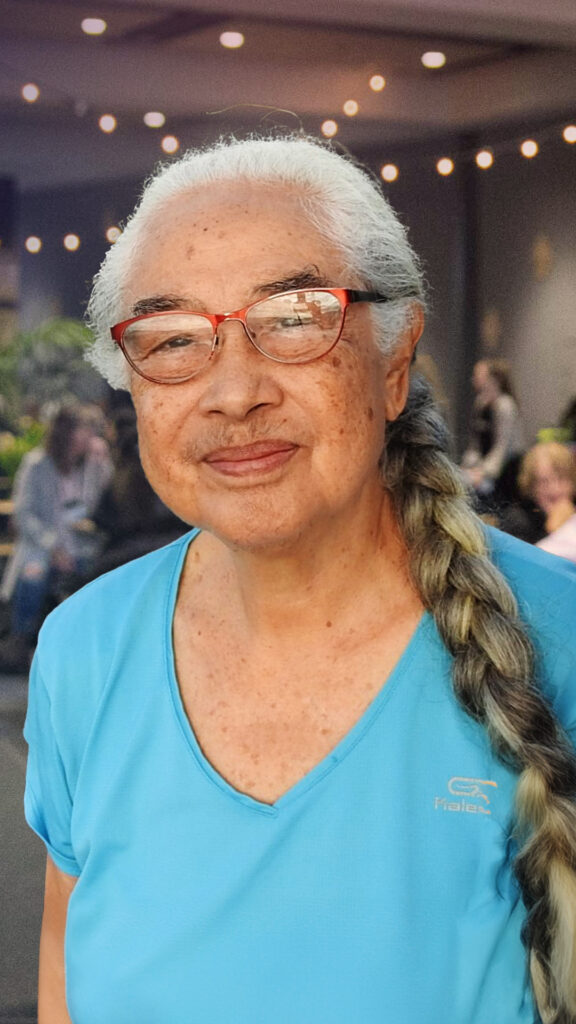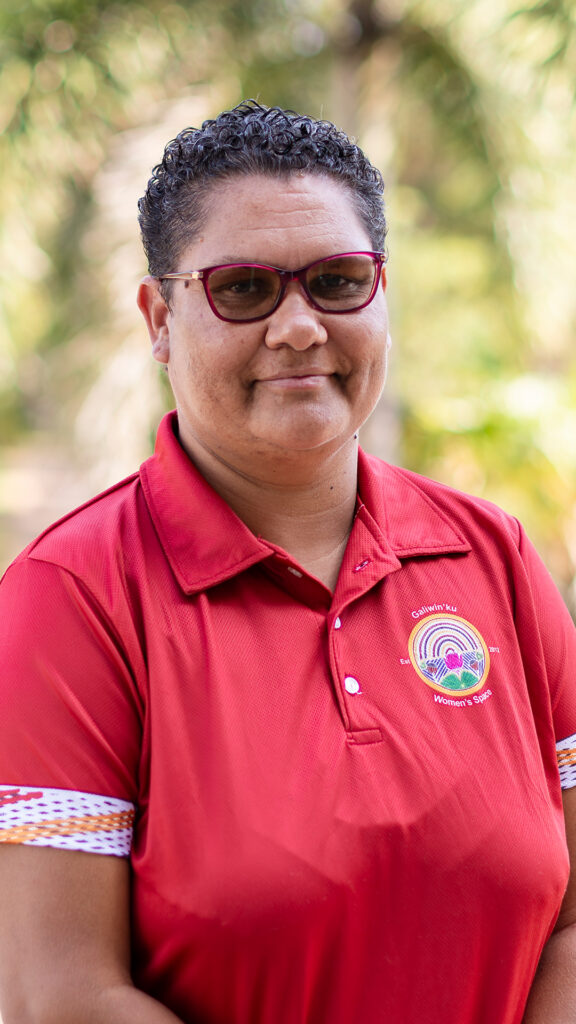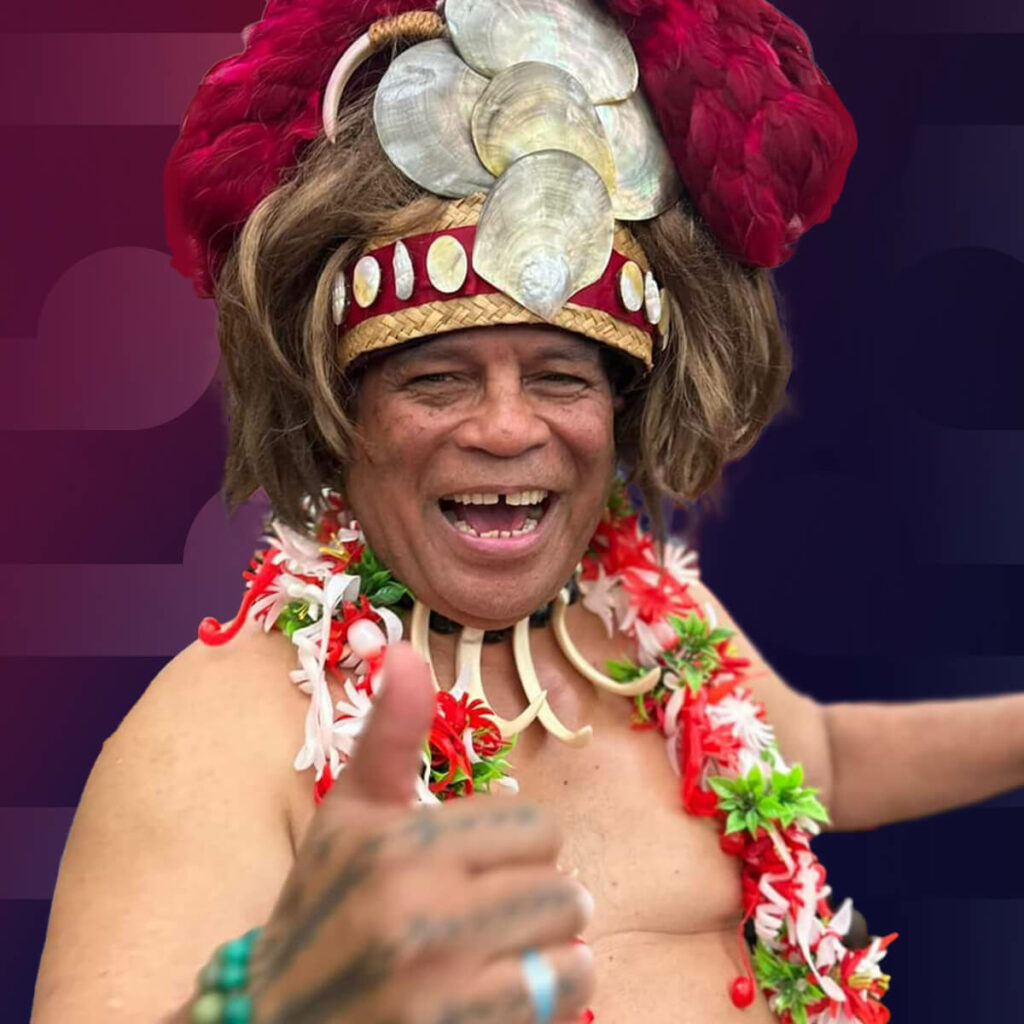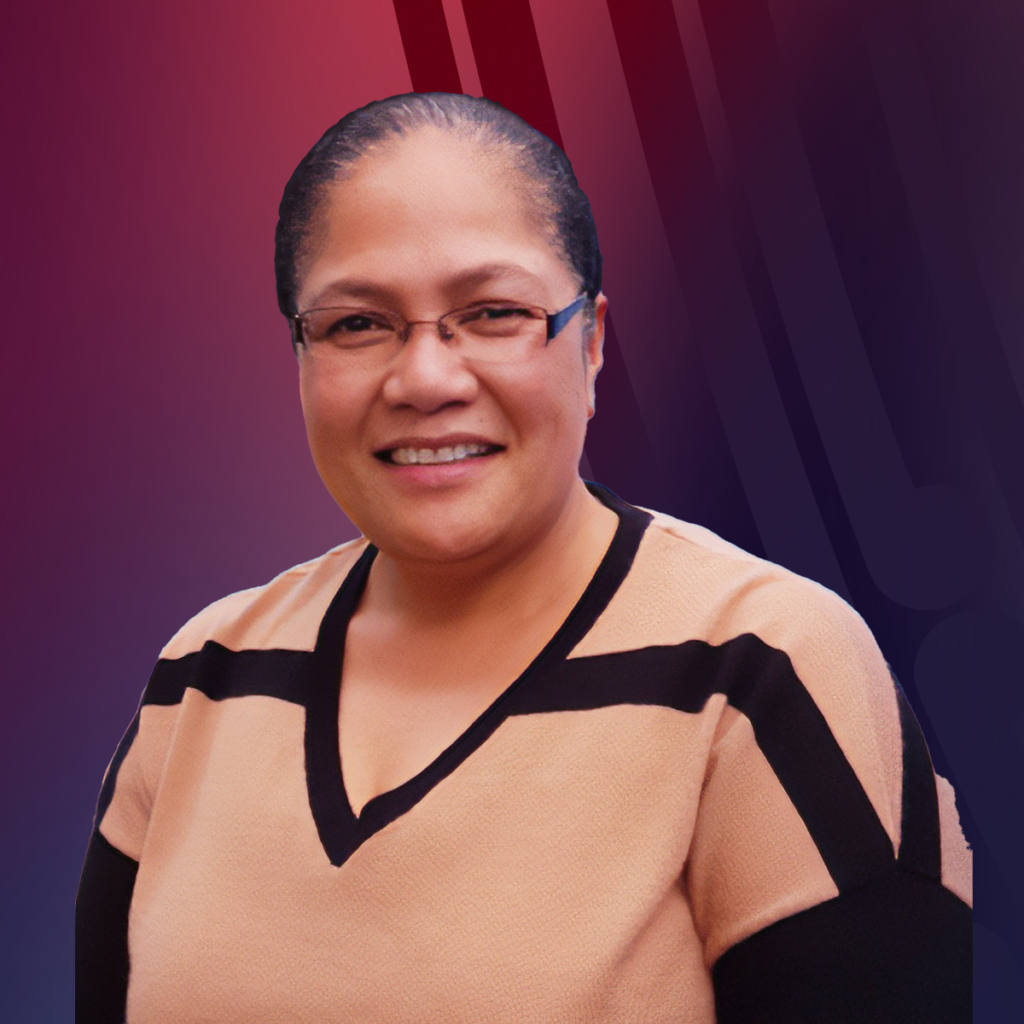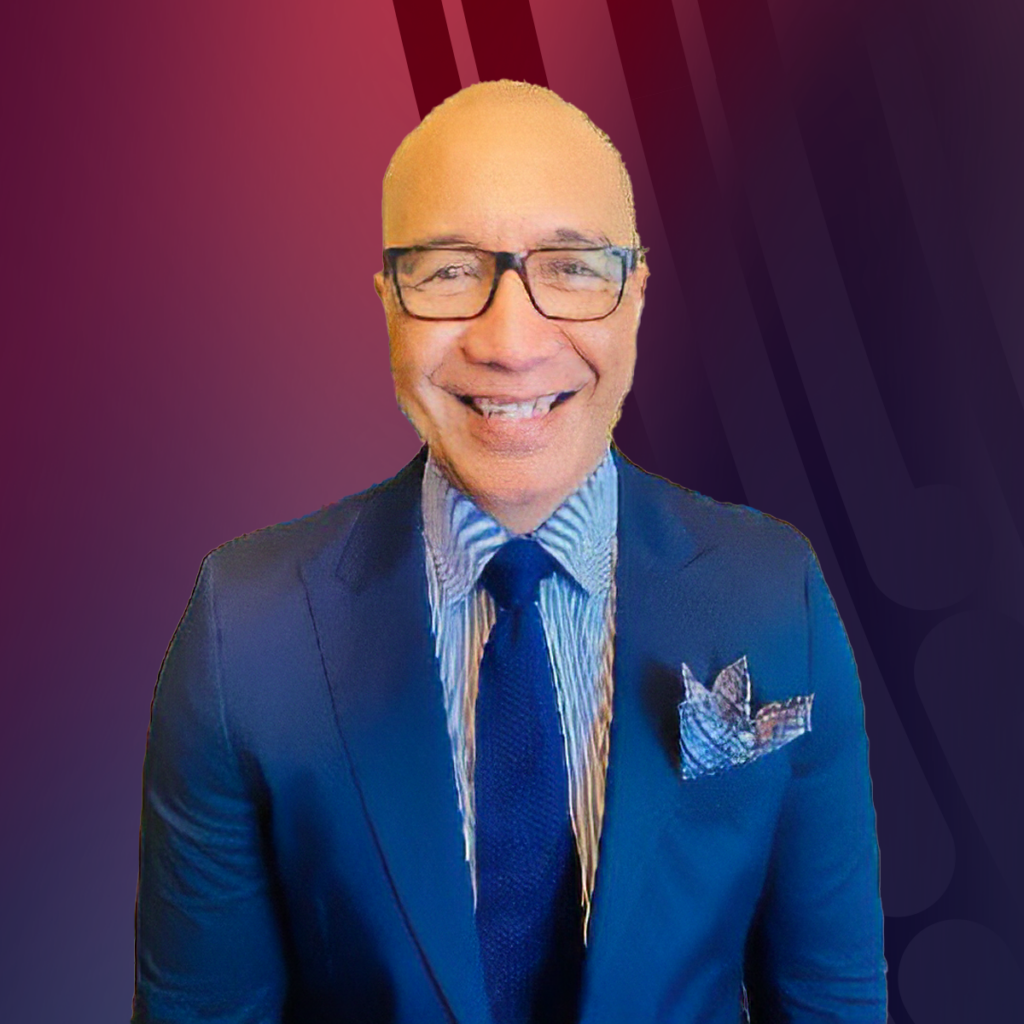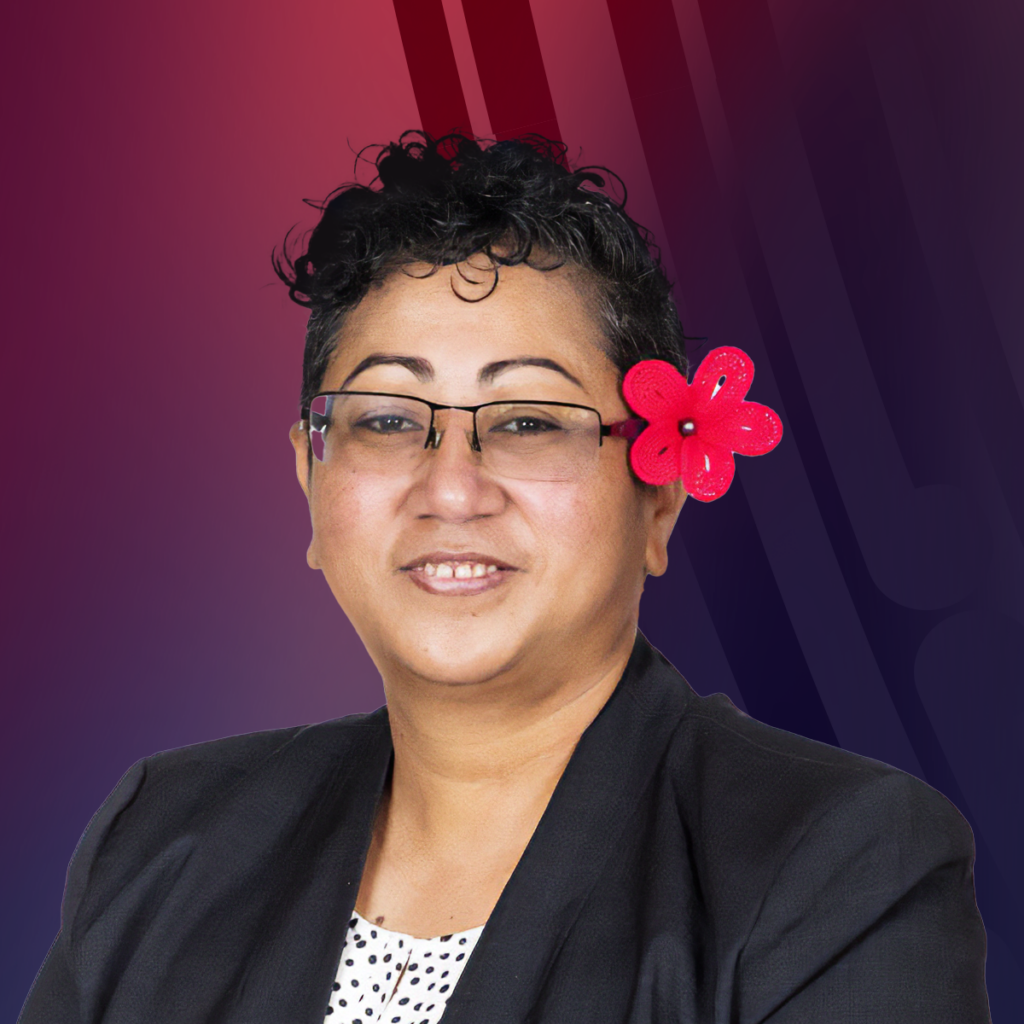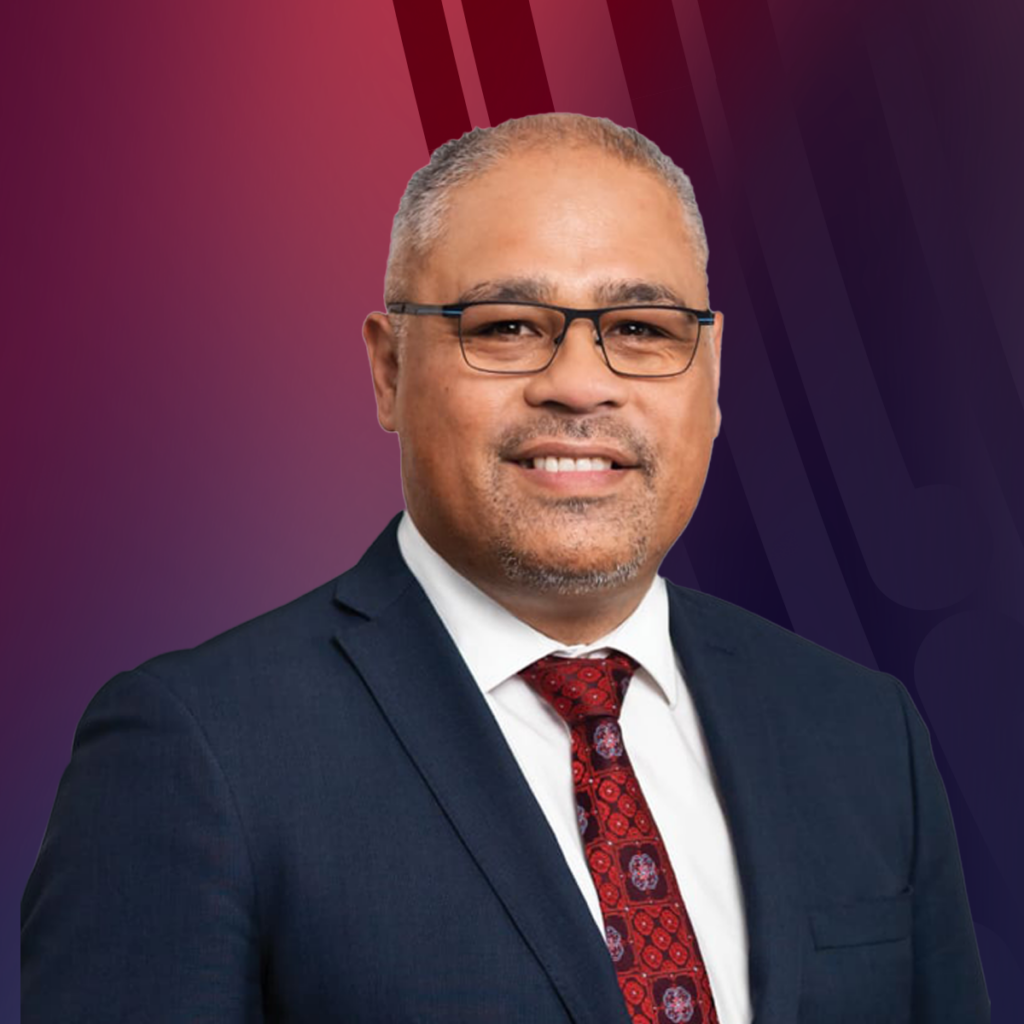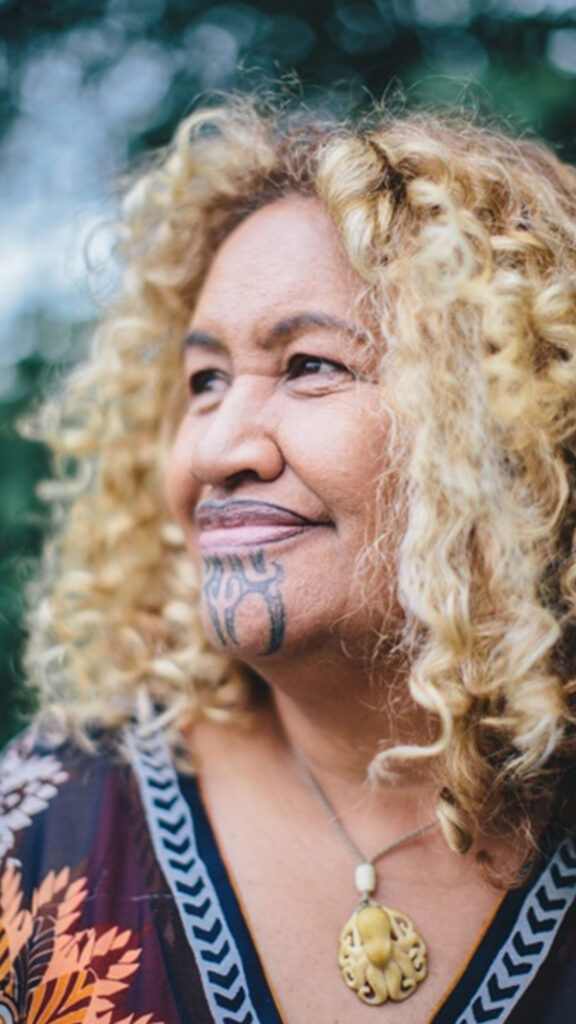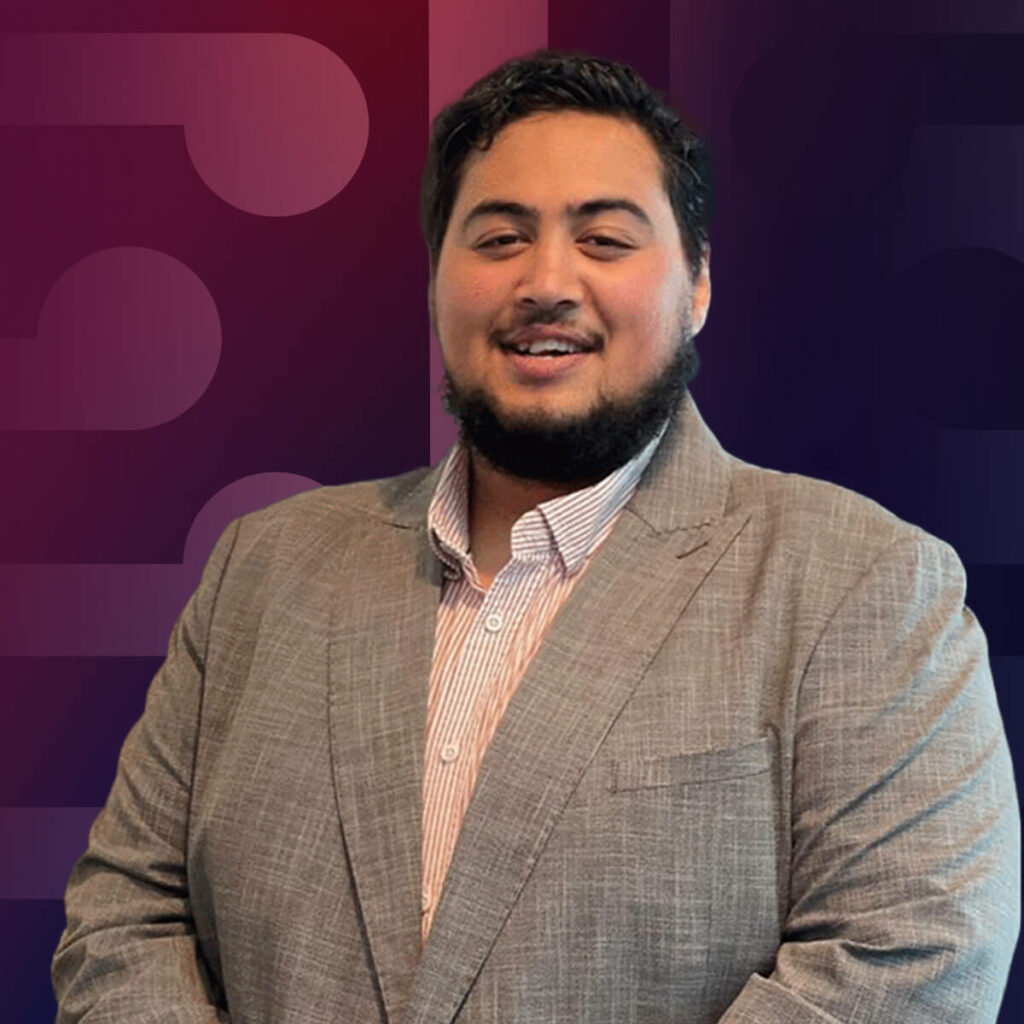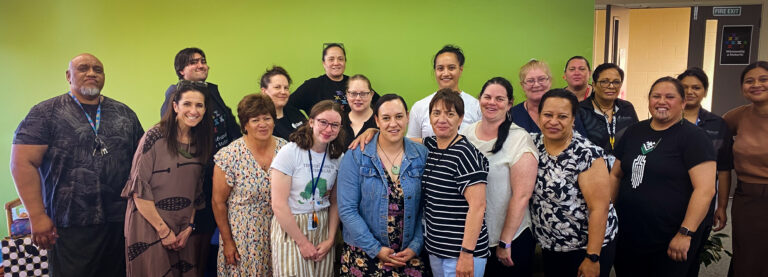
Help us Craft the next event!
Please take a moment to complete the survey and help us continue to foster a global movement for holistic indigenous wellbeing.
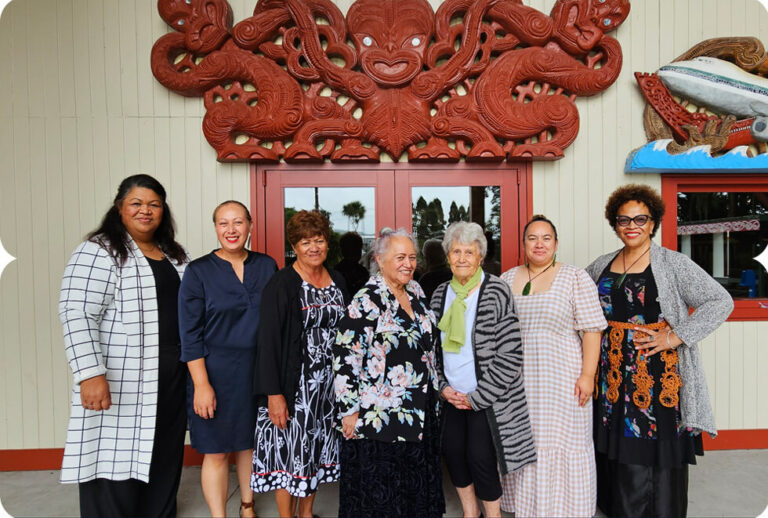
- Kaiwhakahaere, Papakura Marae.
Nau mai, Haere mai!
Welcome to the Whaiora O Ngā Iwi taketake - Indigenous Wellbeing Hub.
We are grateful for the overwhelming response to this years conference! The 2024 Indigenous Wellbeing Conference has concluded successfully.
This page will keep you updated with the latest information, conference videos, photo gallery and bonus content!
Stay connected by subscribing to our newsletter and joining the conversation on Facebook.
For all our conference attendees, help us craft and enhance the next conference by Completing our Survey.
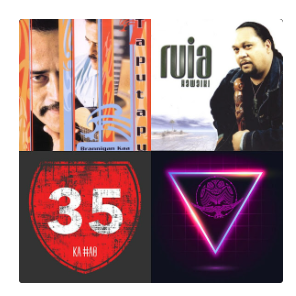
Waiata Mai!
Conference Music Playlist
Check out the playlist from the powhiri and conference that created the Māori feels atmosphere. This collection of tracks, brought a unique Aotearoa vibe on-location.
Whether you want to boost your mood or just enjoy some great music, this playlist has something special. Click the link and let the sounds of Aotearoa brighten your day!
2024, Keynote Speakers
Including Hon. Nanaia Mahuta, Rereata Makiha, Chadia Hajjar, Dr. Robert Joseph, Dr. Konai Thaman, Dr. Ash Puriri, and Bettina Danganbarr, on various aspects of hauora, Indigenous wellbeing. Stay tuned for future updates.
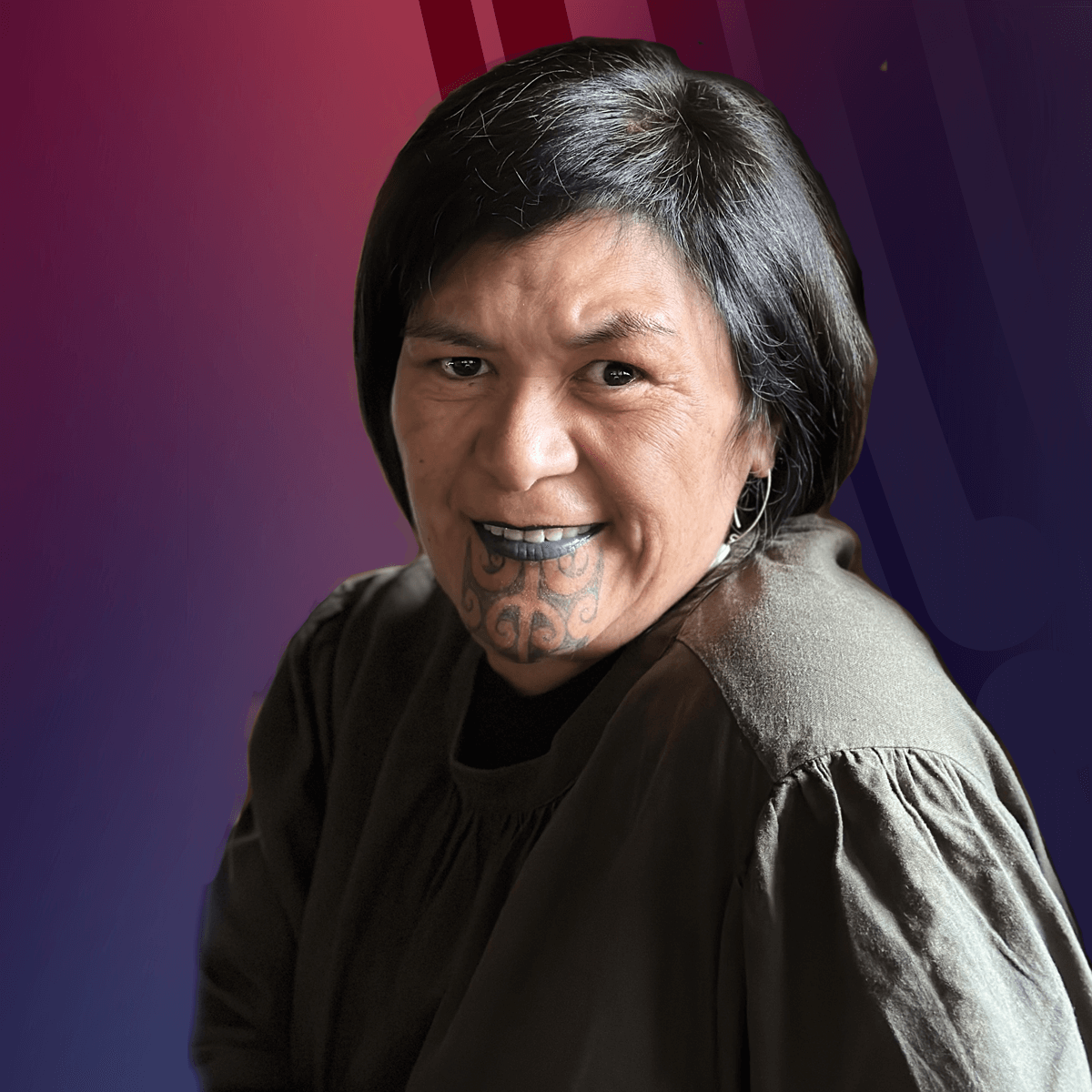
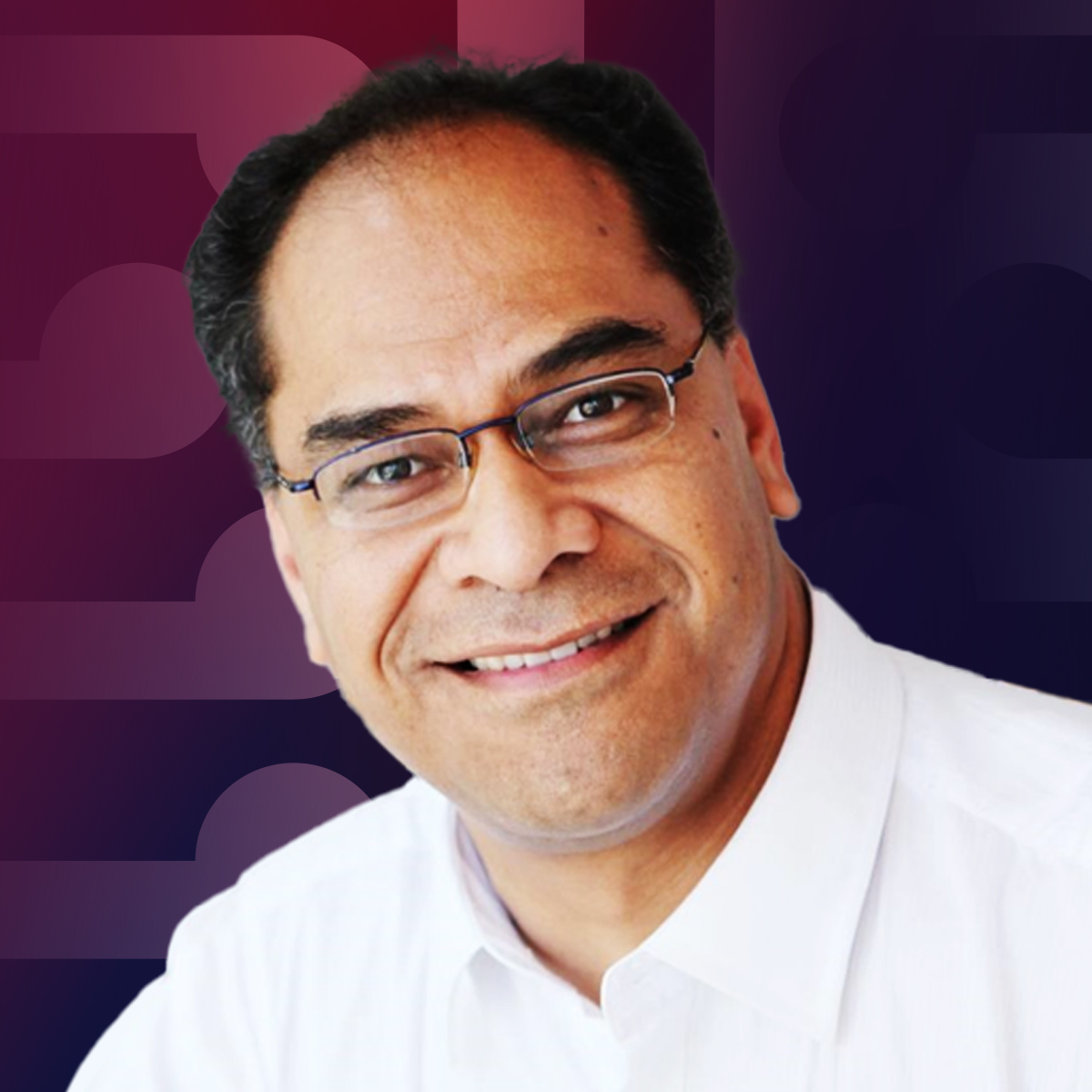
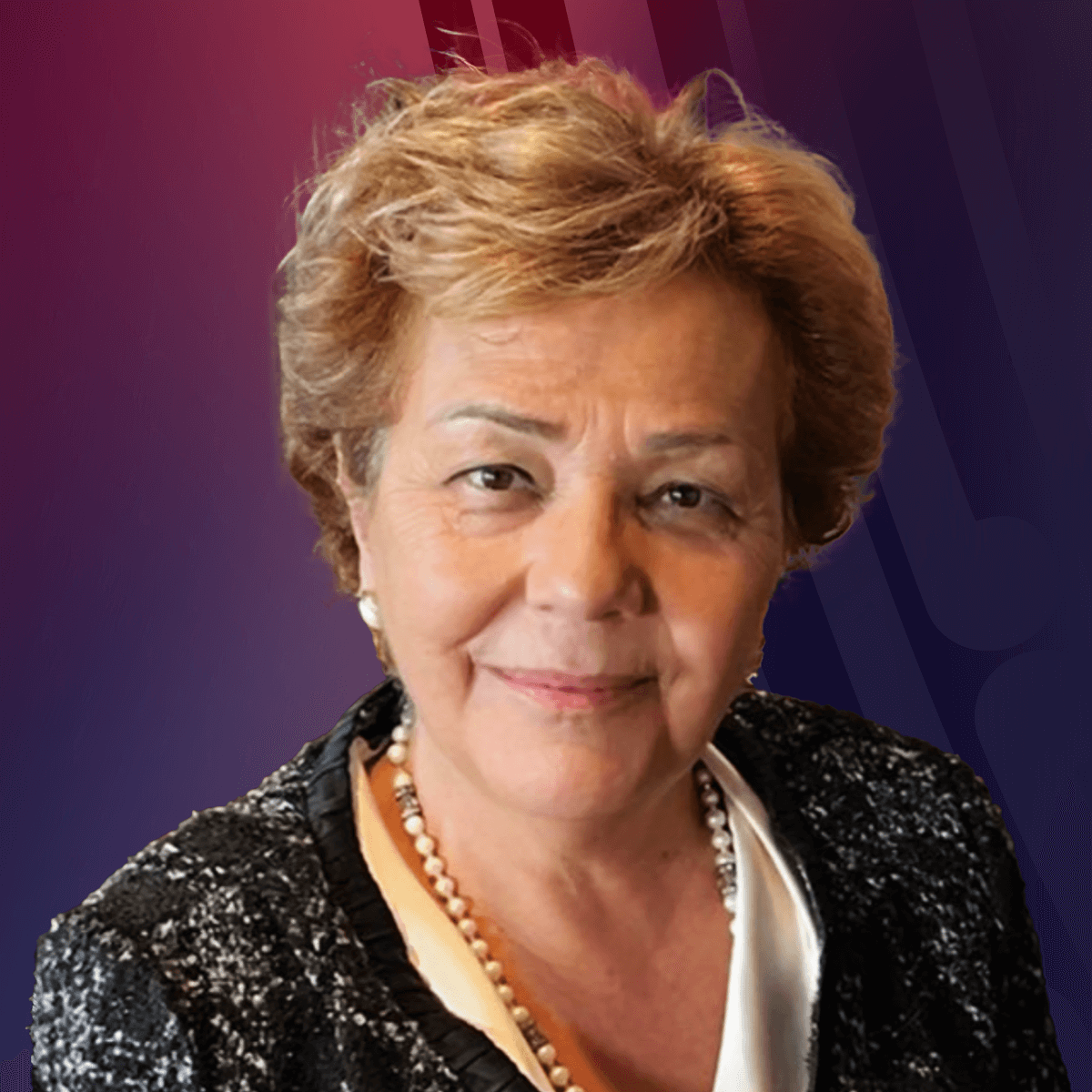
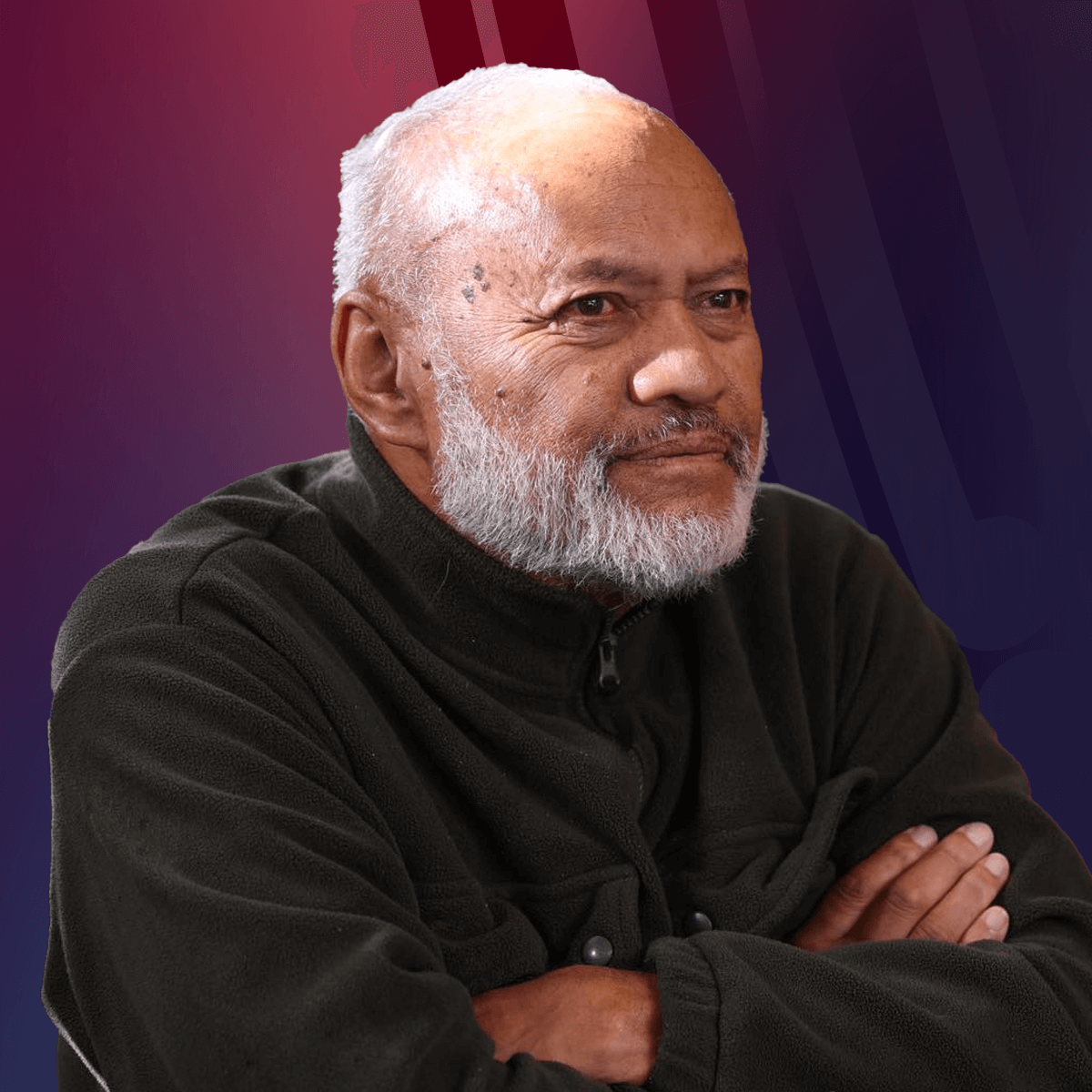
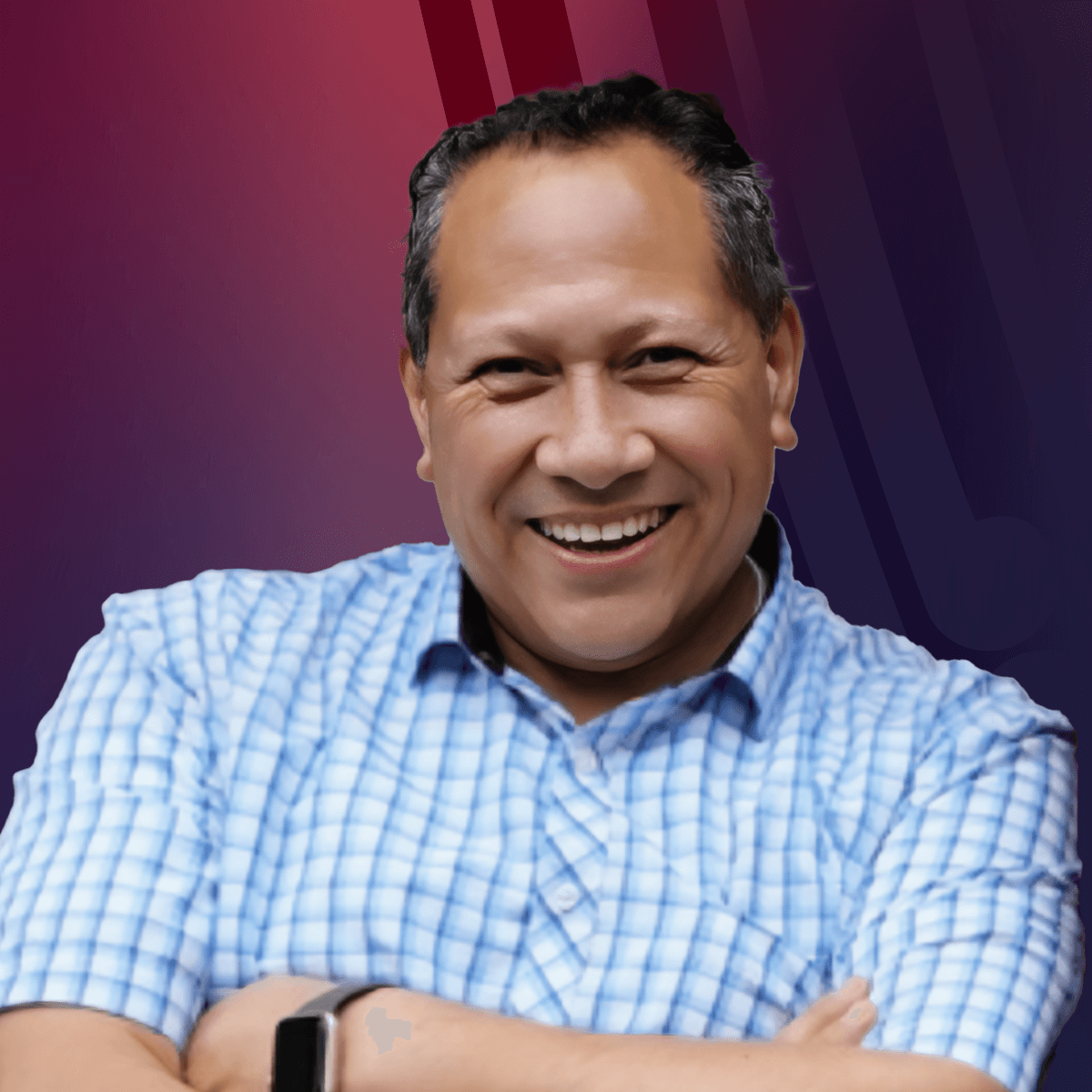
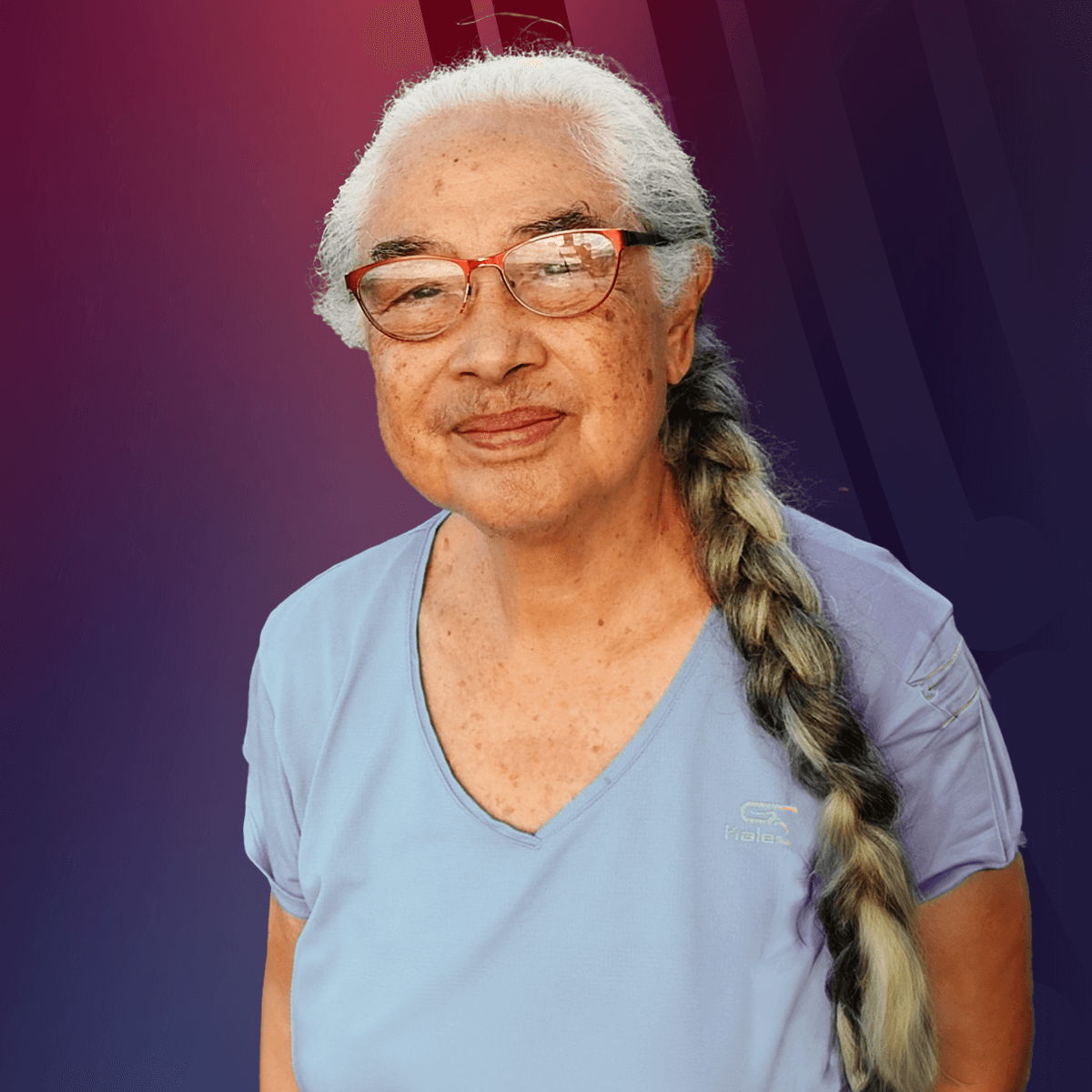
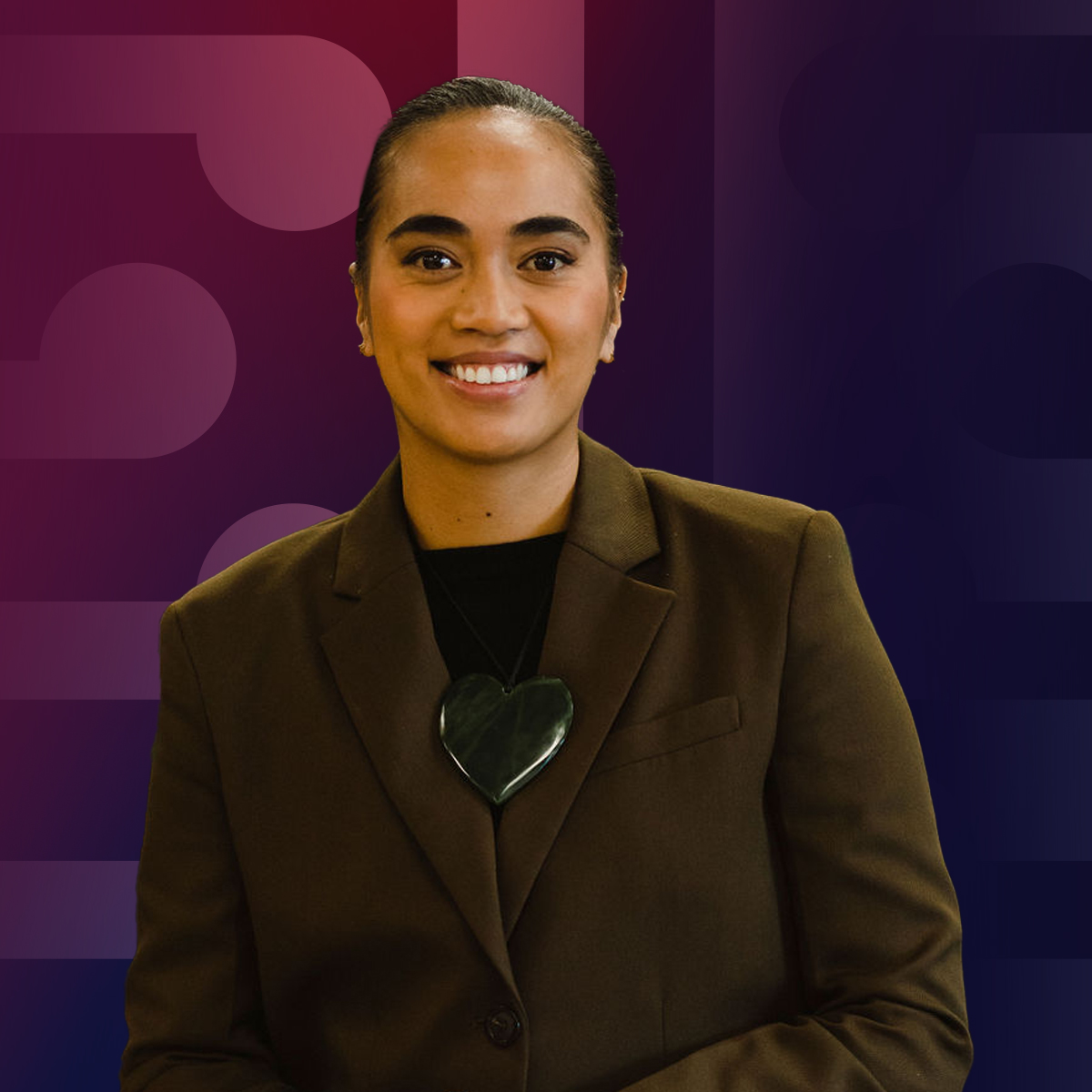
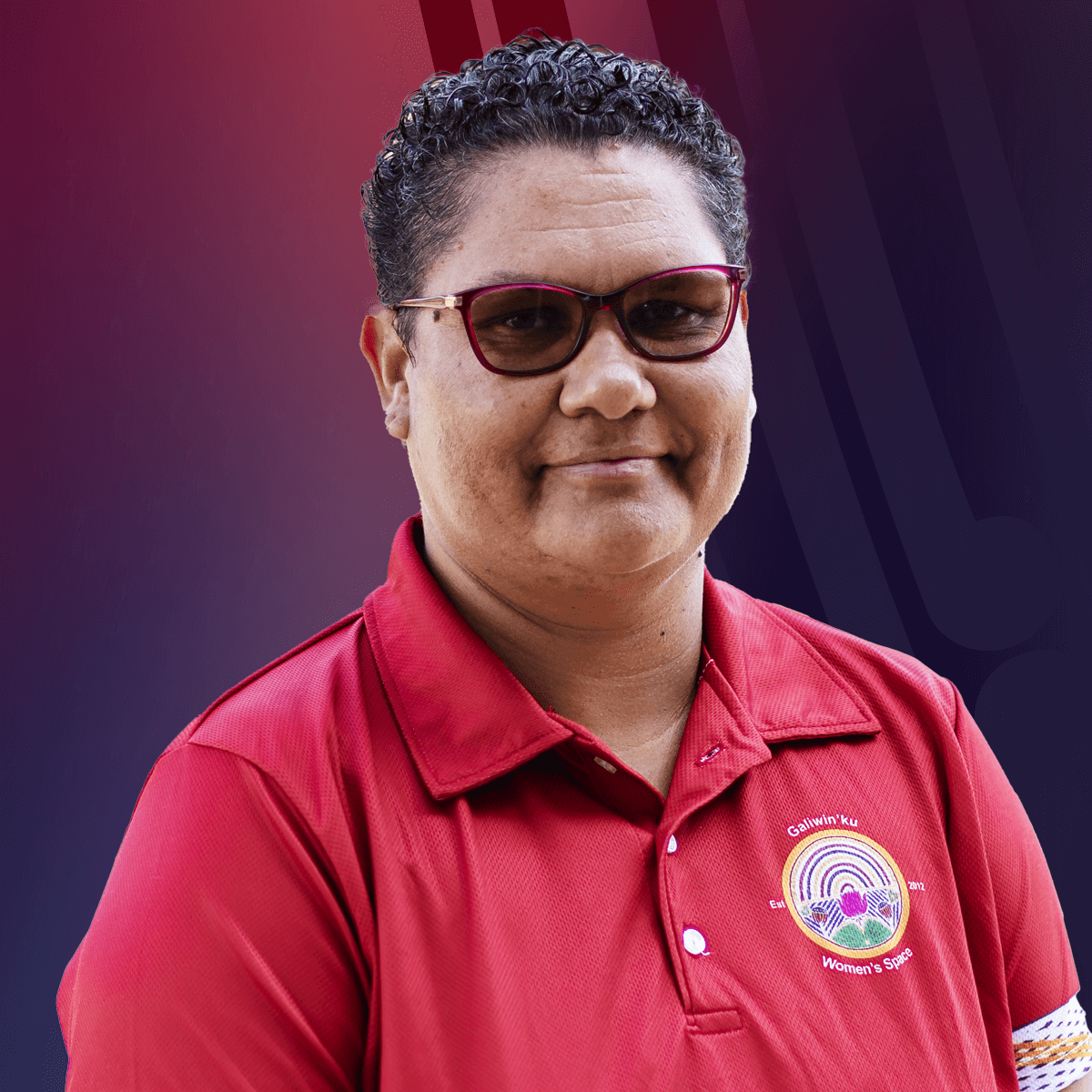
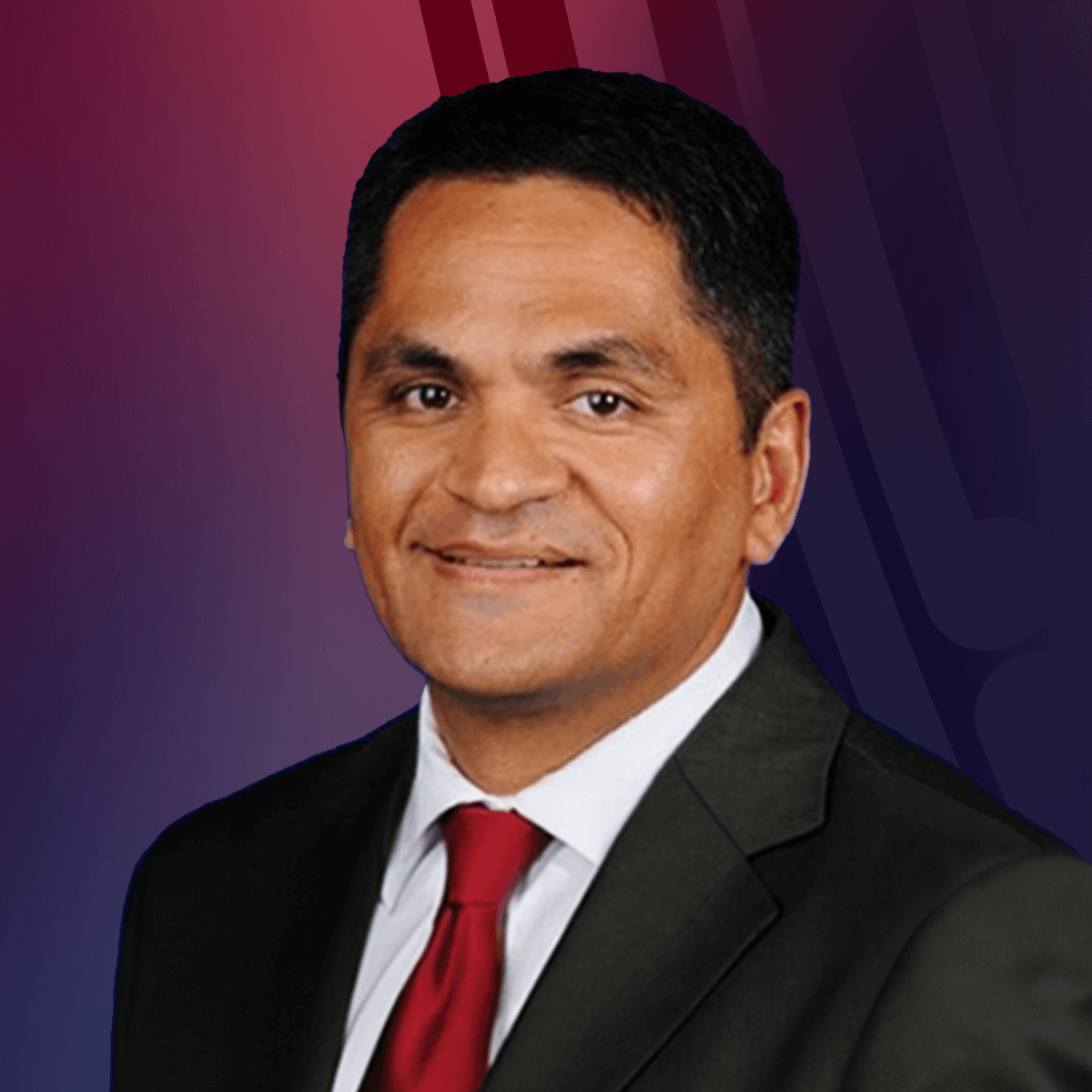
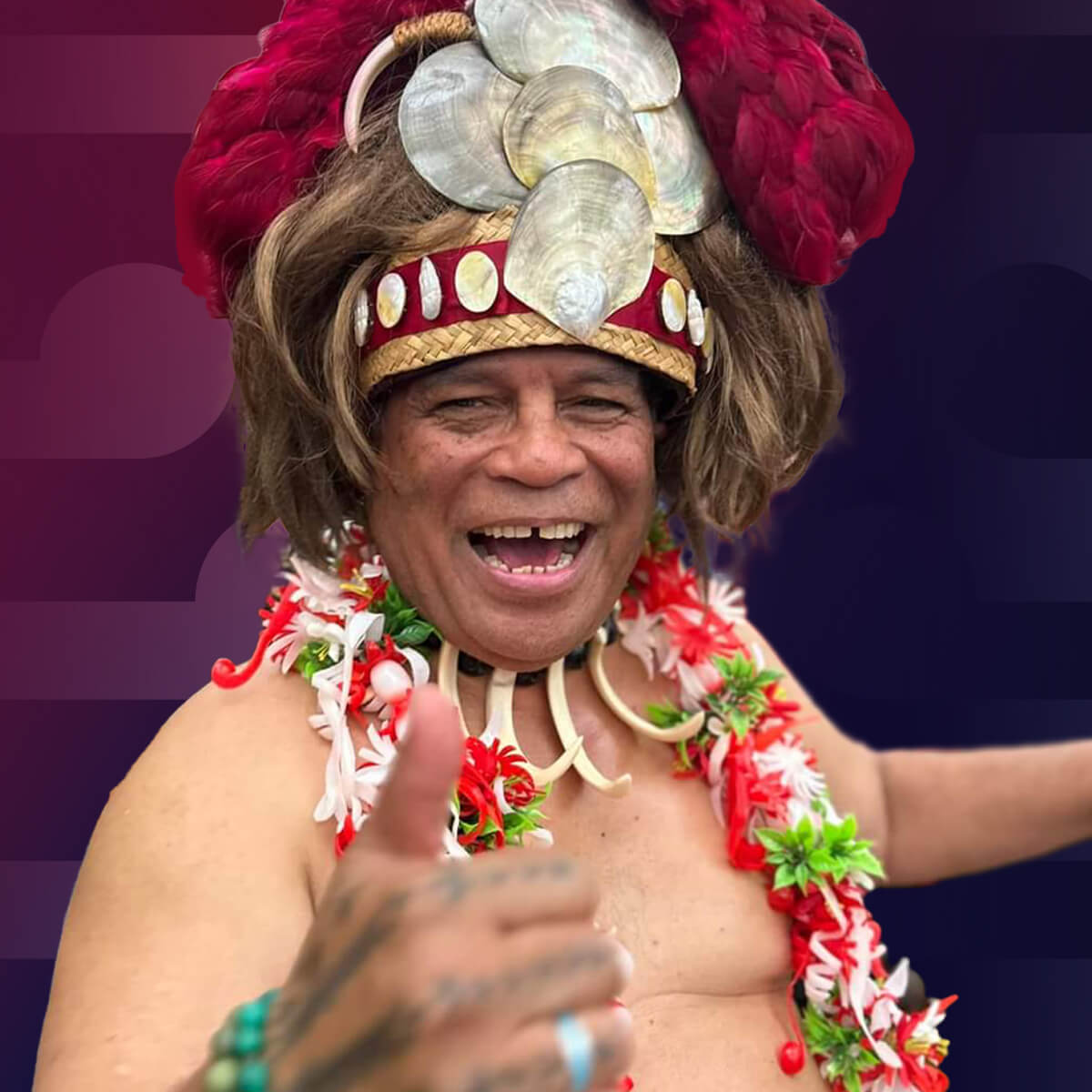
2024, Moana-nui-a-kiwa Panel
Our panel speakers shared their experiences and insights on preserving Indigenous cultures and enhancing community well-being
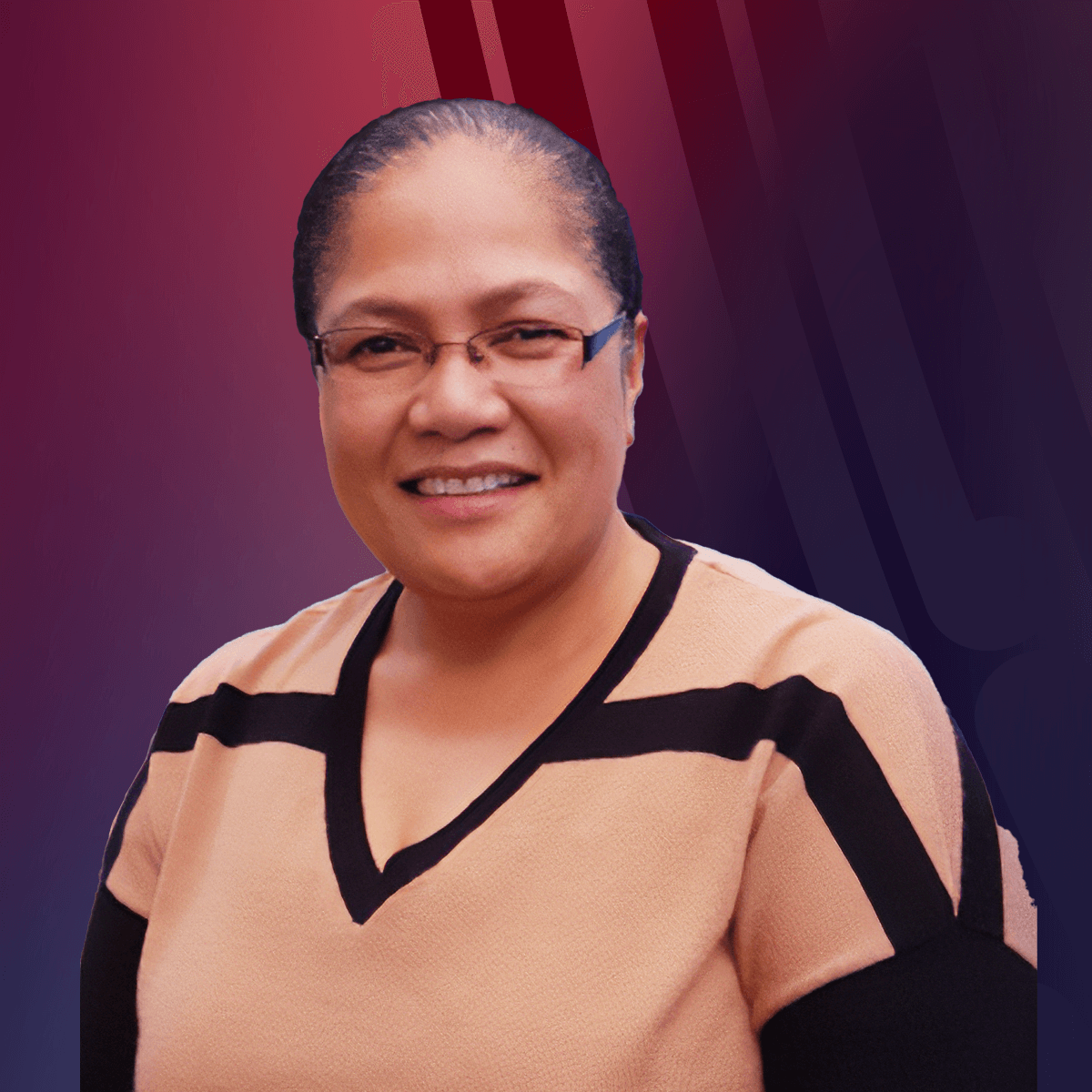
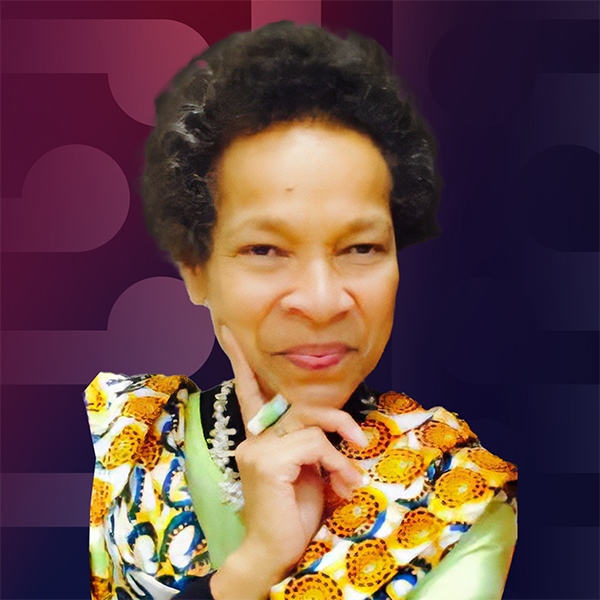
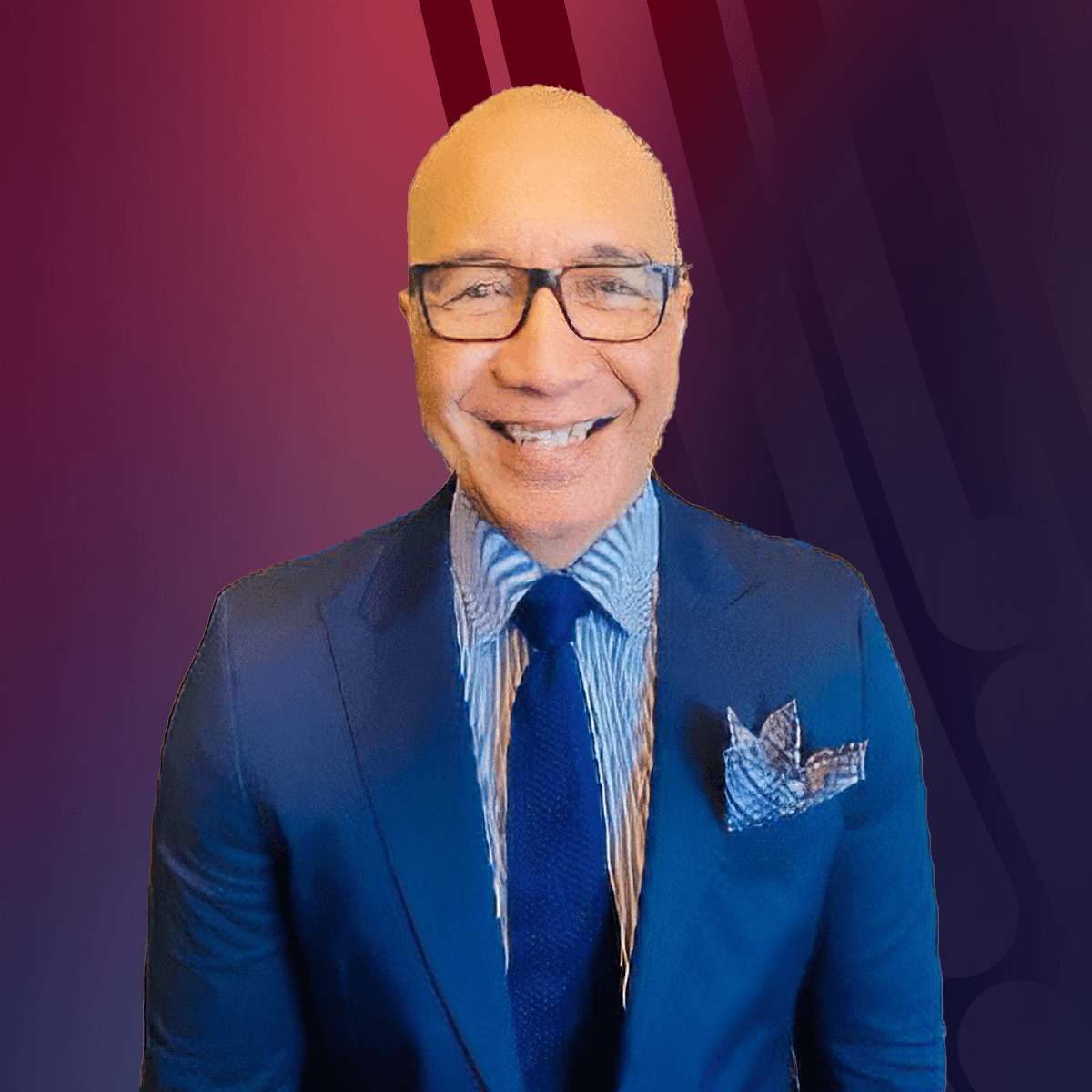
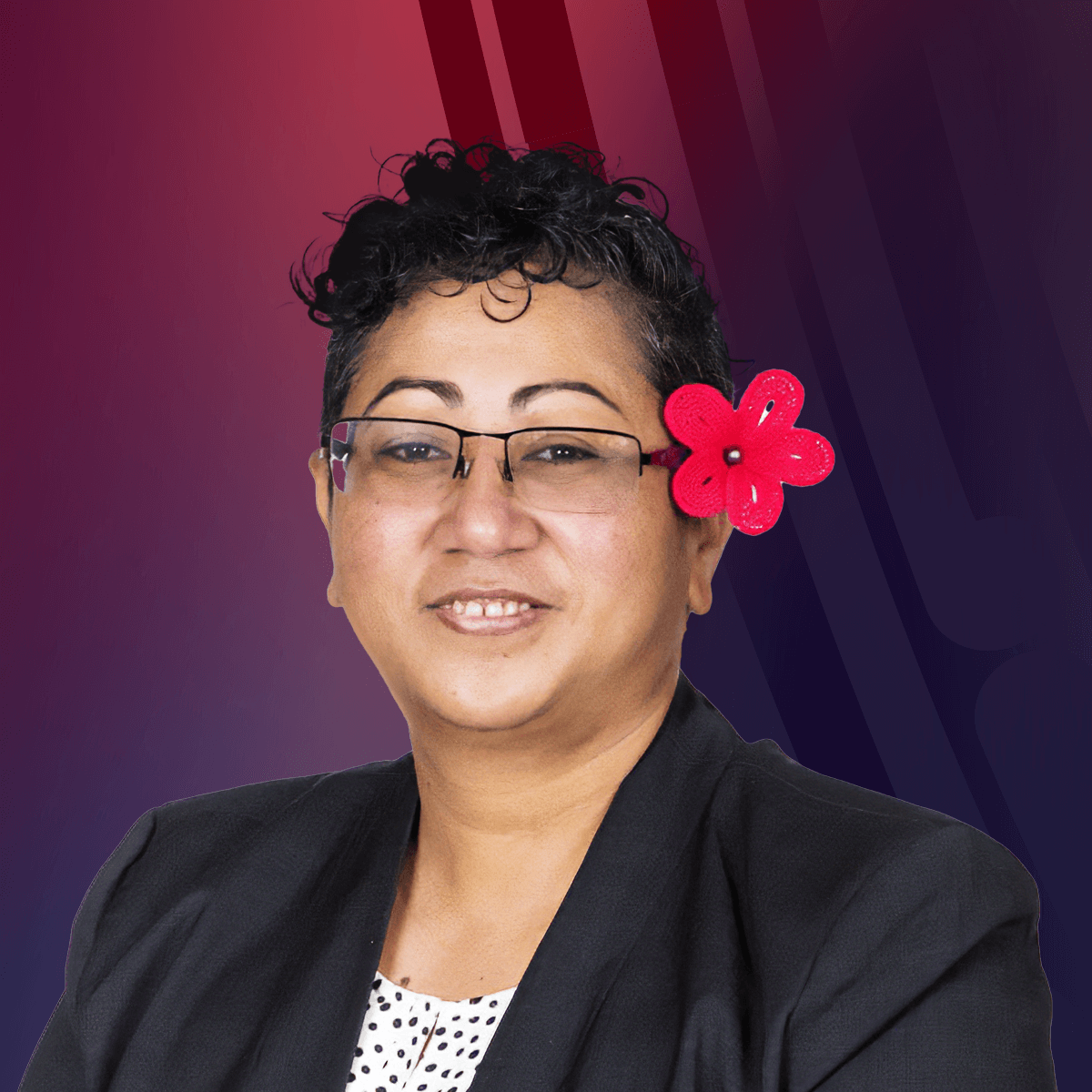
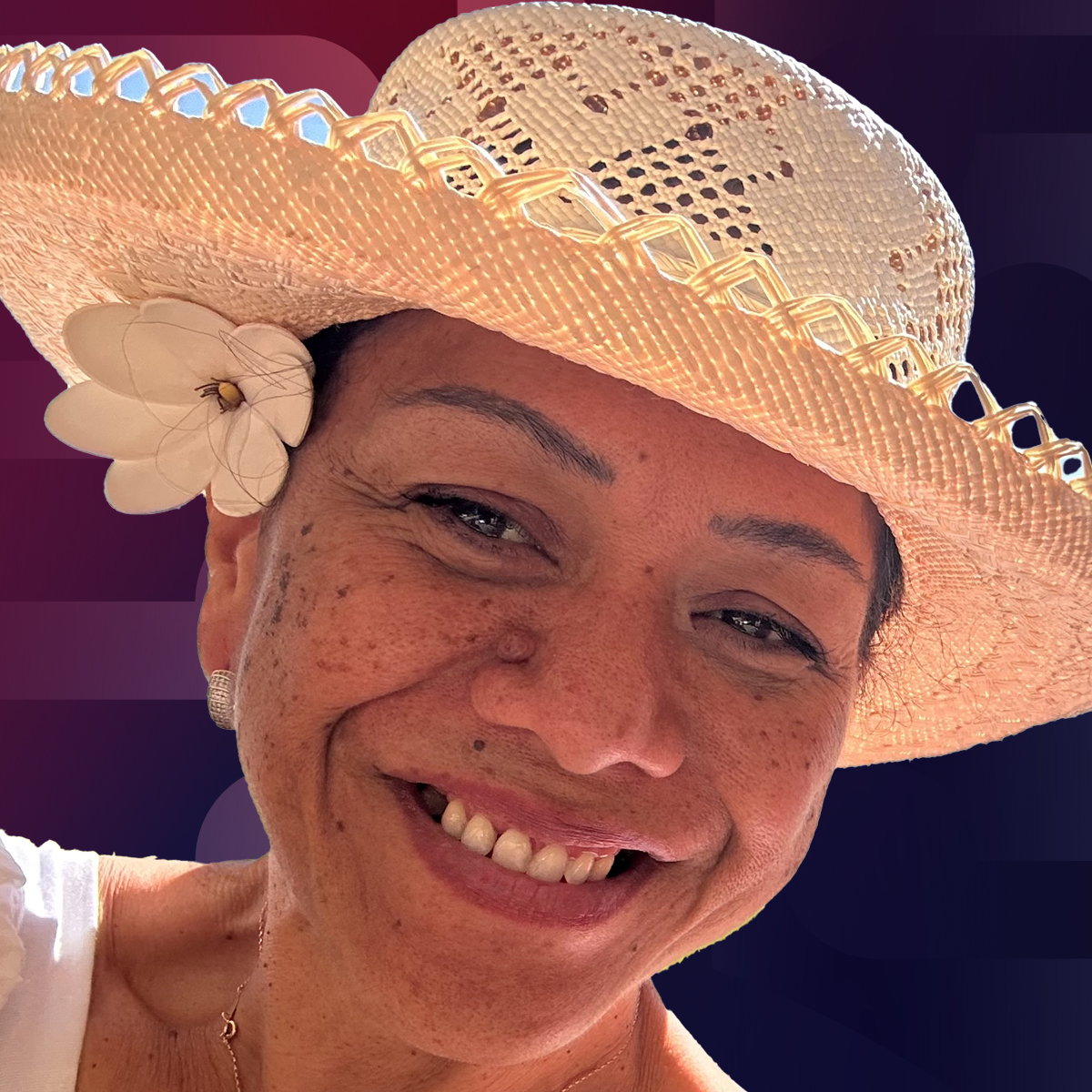
2024, Political Panel
Political Panel hosted by Hon. Nanaia Mahuta.

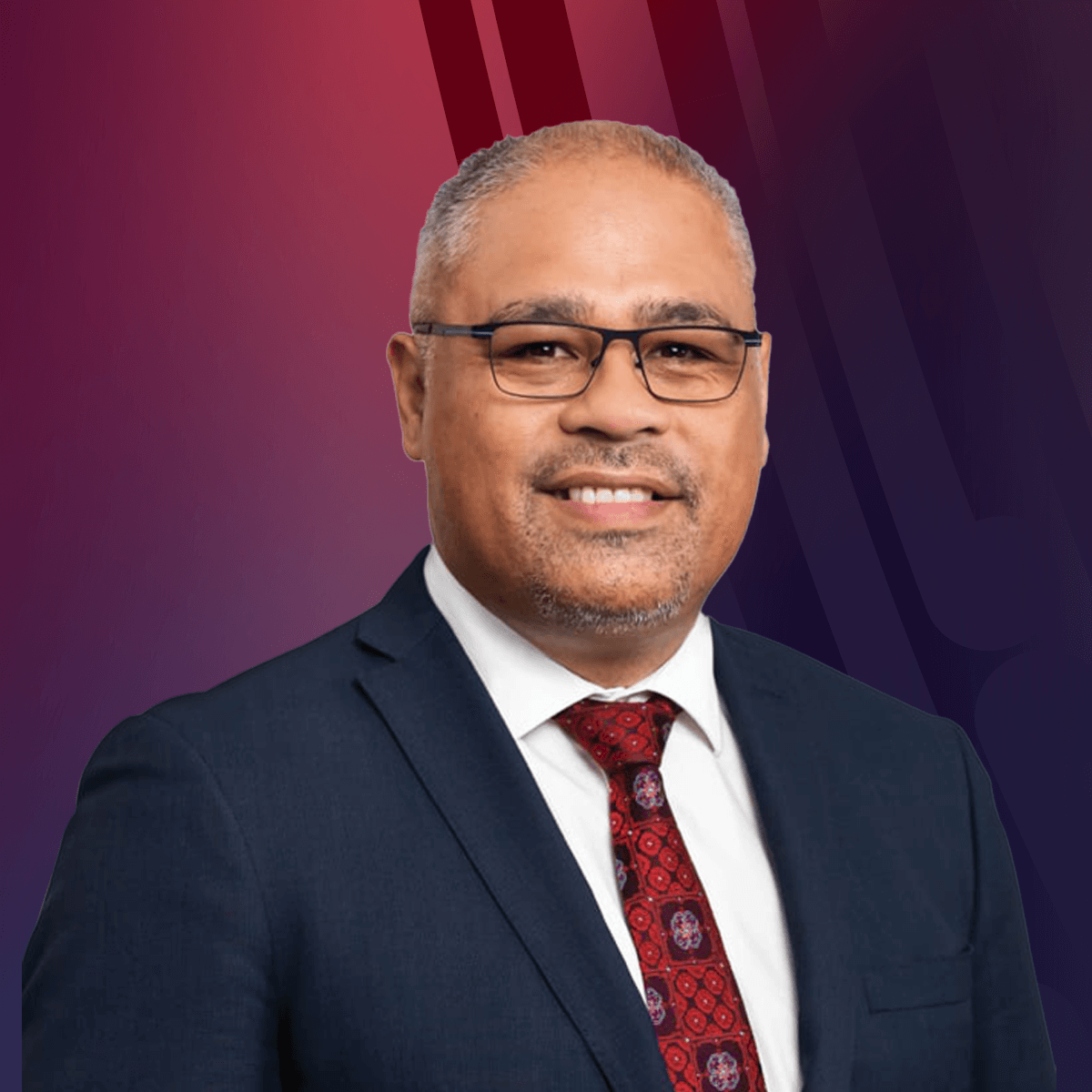
2024, Health & Wellbeing MC's
Our skilled hosts bring a wealth of experience in Māori health and Wellbeing.
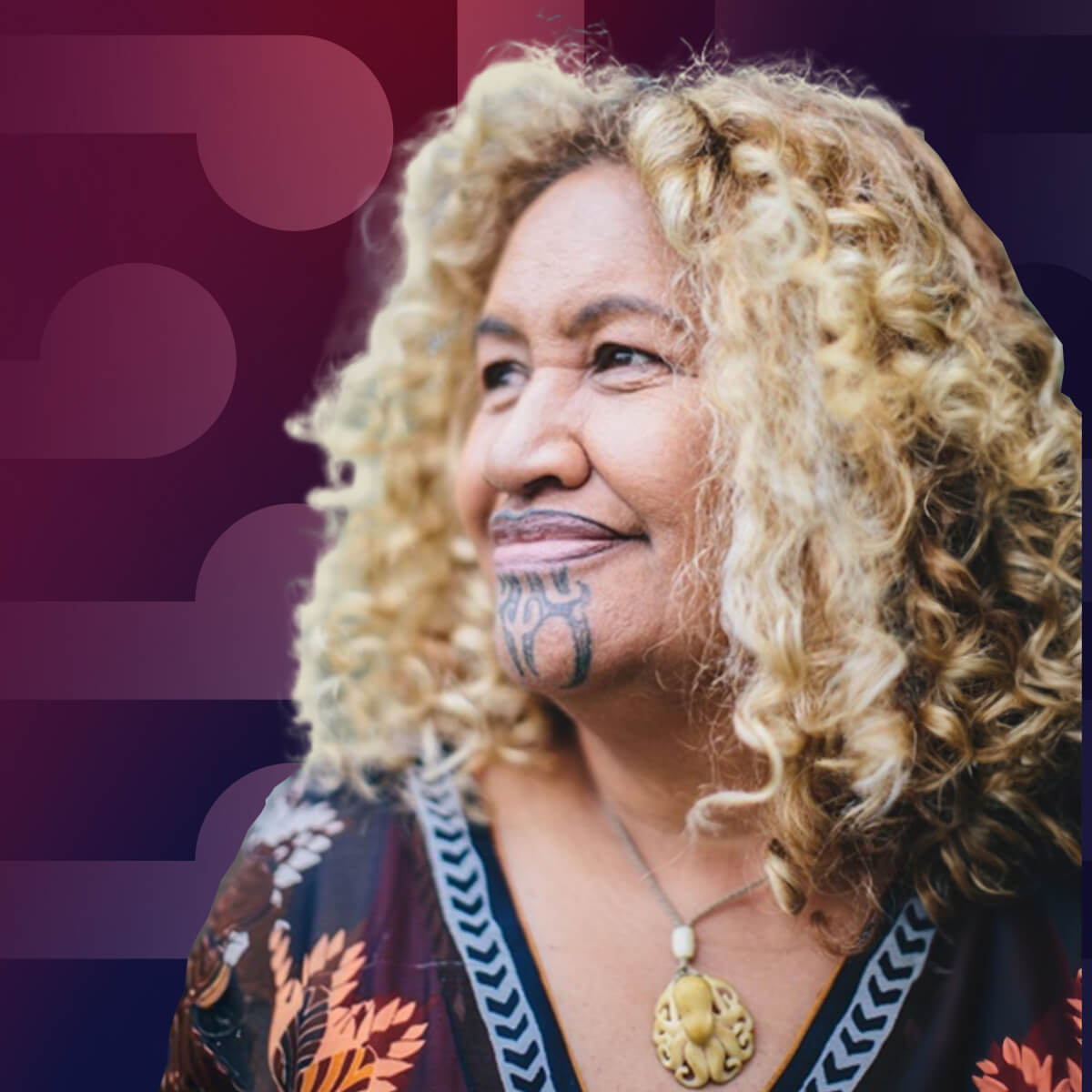
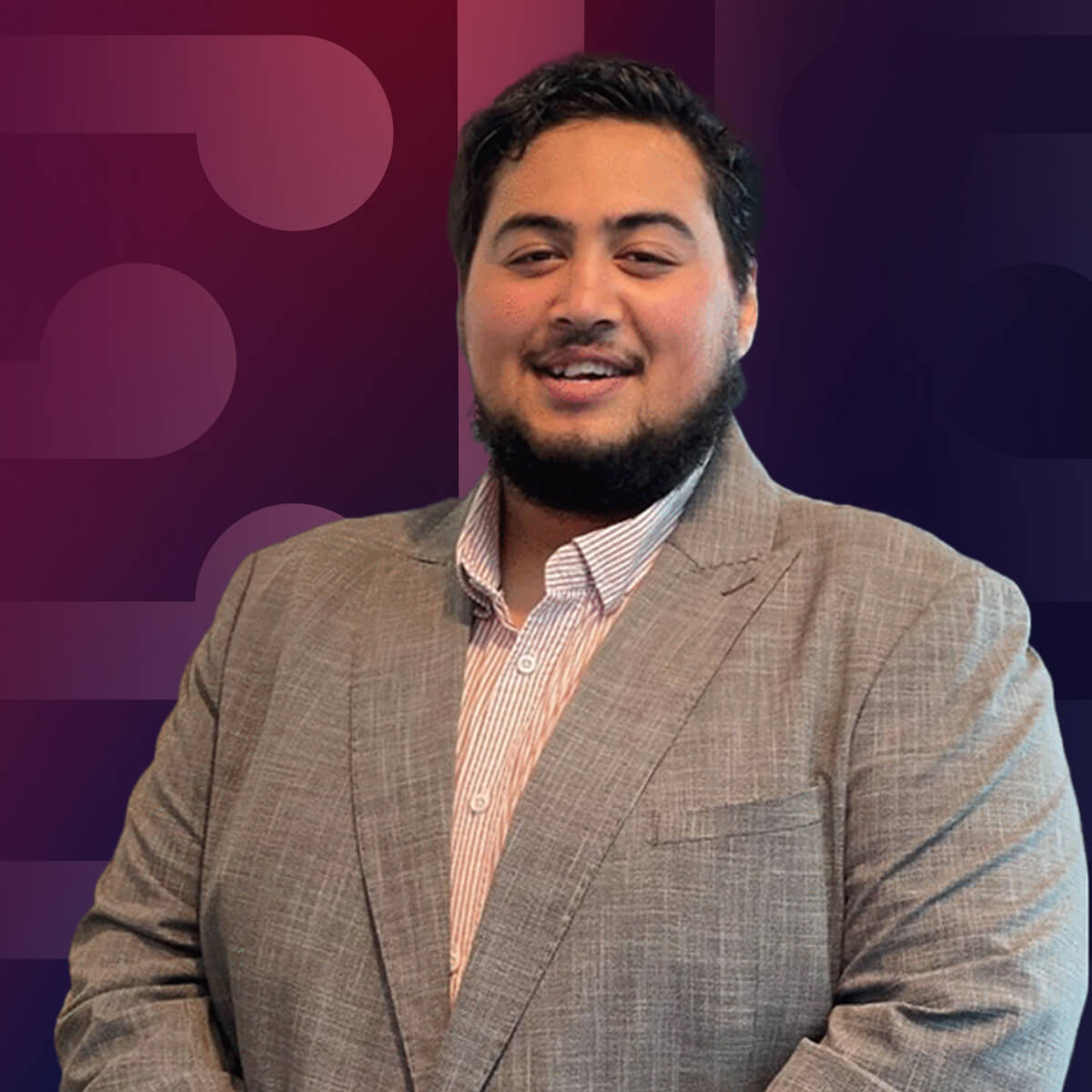
2024, Conference Locations
Explore Papakura Marae in 3D
Get a bird’s-eye view of Papakura Marae, the venue for our opening Powhiri, and virtually navigate the surroundings!
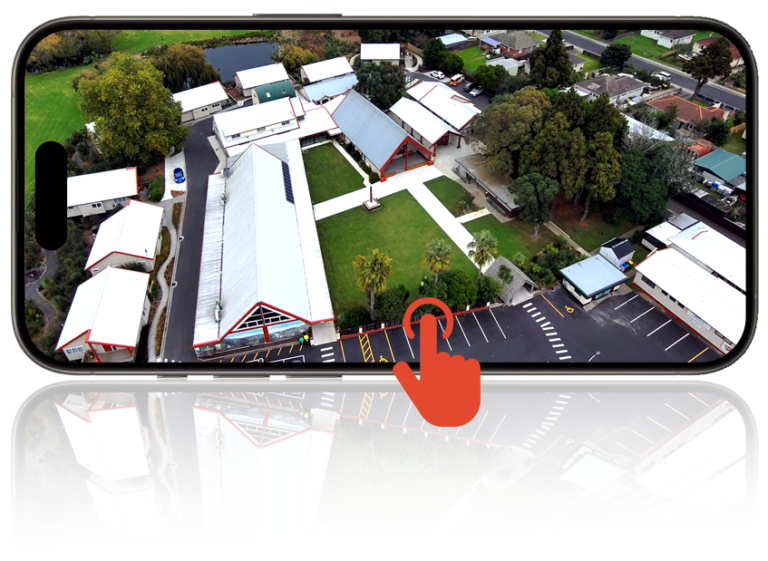
Conference Details
- Opening Powhiri Experience
- 4 Days Conference Access
- Gala Dinner Night
- Morning tea, lunch, and afternoon tea
- Access all Workshops and Keynote Presentations
Conference has Concluded for 2024
When:
6th - 9th May 2024
Where:
Papakura Marae
Due Drop Event Centre
Contact:
Anne@tehononga.org.nz
Subscribe to our Newsletter
Don’t miss an update and receive the latest discounts and offers.

Whaiora O Nga Iwi Taketake – Indigenous Wellbeing Conference is proudly brought to you by Te Hononga O Tamaki Me Hoturoa.
Call For Papers
Be a part of the Indigenous Wellbeing Conference by submitting your abstract.
Contact Us
If you have any questions or comments about the conference, please contact Te Hononga staff here:
